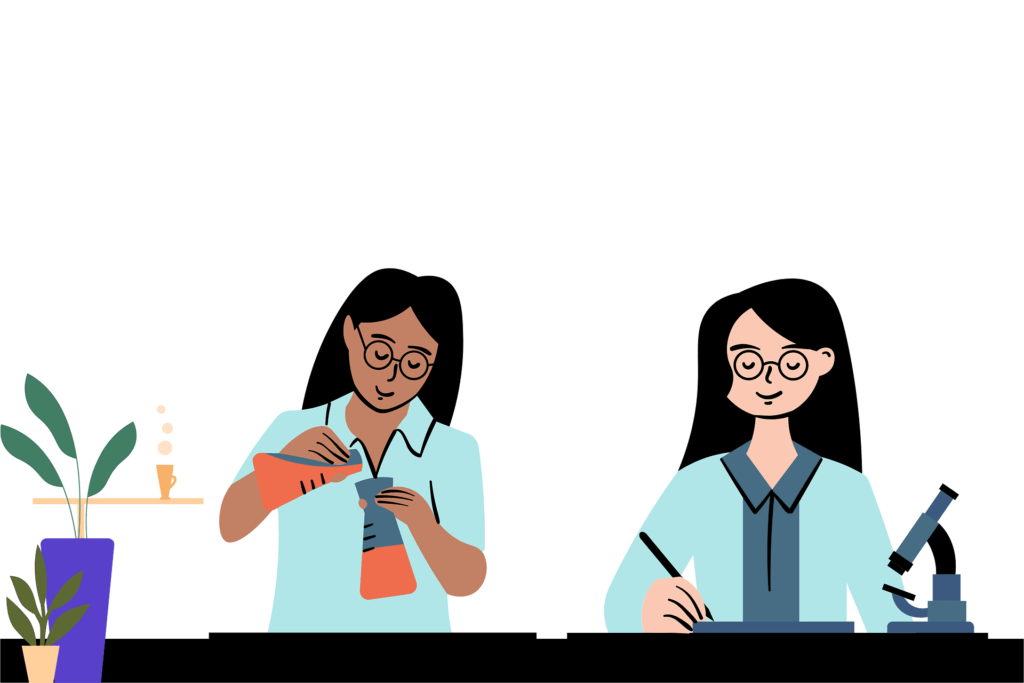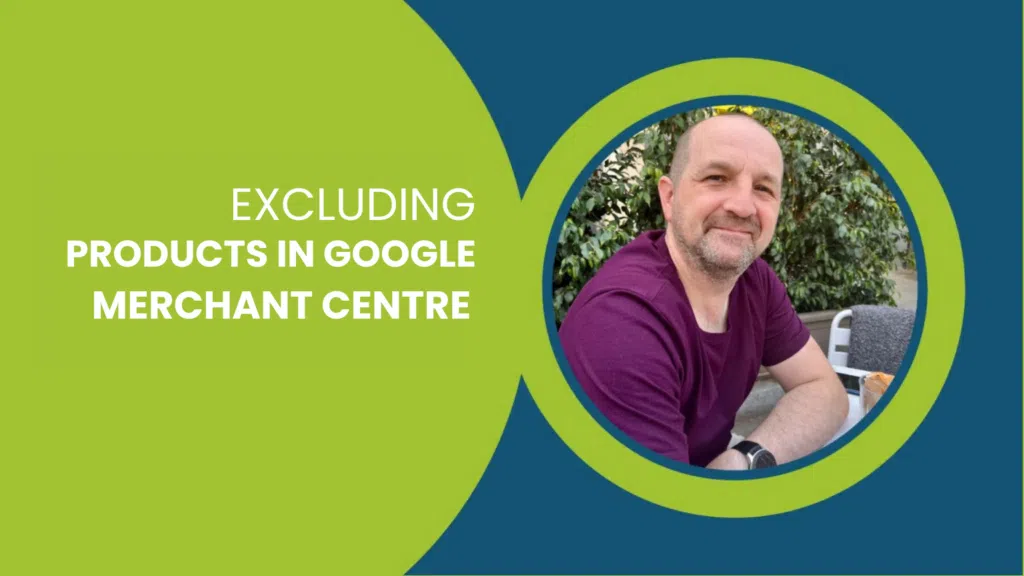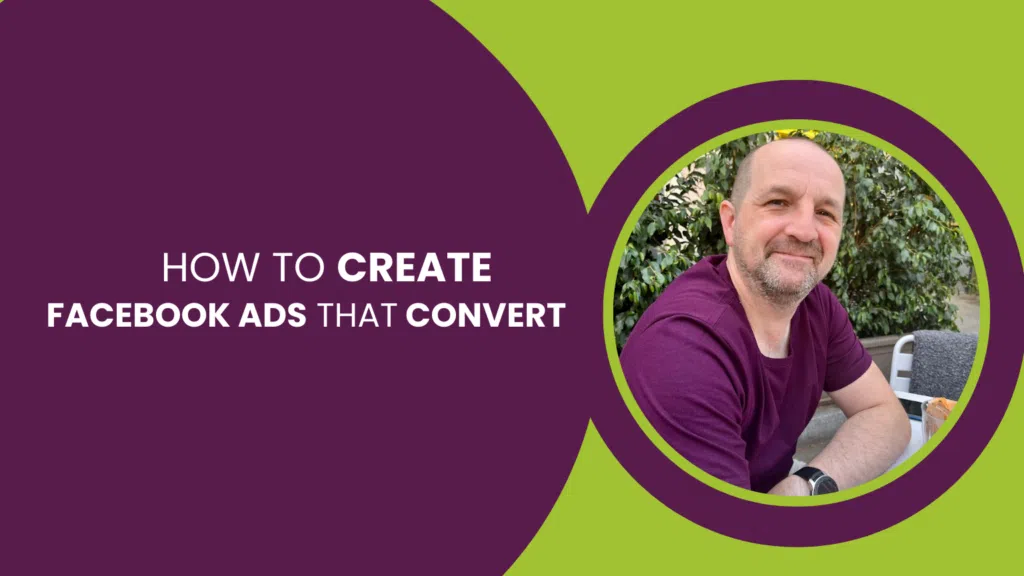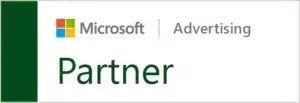Colleges are a key part of any local area, and optimising your college’s local SEO is crucial for making sure your campus is being considered by potential students in the local area. It does have its differences from regular SEO but how can you improve local SEO for your college? Let’s delve into it.
What is local SEO?
Local SEO is a strategy that helps increase the visibility of your college in local search results. Colleges benefit from engaging in local SEO activities because they serve a particular geographical area and have a physical location. Any searches that include phrases like ‘near me’ or ‘open now’ are those which you will want to target with local SEO.
Nine ways to improve local SEO for your college
1. Keyword research
As with regular SEO, keyword research should be your starting point. Find out the keywords that apply to your college and ensure that you check the competition for searches that involve your local area or ‘near me’. Best practice suggests that you use your keyword, such as ‘sixth form college’ and a location, like ‘Hampshire’, together. This gives you a target keyword that looks something like ‘sixth form college Hampshire’. Using tools like Google Ads Keyword Planner will not only show you the competitiveness of your potential keywords, but they will also give you suggestions for other keywords you can target. Knowing what keywords you want to target also helps with your content creation, giving you ideas for potential blog posts, videos and other types of content you might want to use.
2. Website optimisation
Ensure your website is fully optimised – it needs to load quickly, and you should fix any issues there may be before they become a problem. This gives you the best possible chance of ranking well in search engine results. For this, you may wish to consult an experienced web development agency.
3. Optimise for mobile
More and more searches are being done through mobile devices now, so optimising your site for them will help your rankings. This will mean you are providing the best user experience you can for site visitors. Additionally, search engines have begun taking into consideration mobile experience for how they rank web pages.
Google has a handy tool that lets you know how mobile-friendly your website is. You’ll need to consider how things like how images look on both the mobile and desktop versions, how easy it is to navigate the website, and how much content loads when you first open the page, among other things.
4. Google My Business
Optimising your Google My Business (GMB) profile is key to improving your visibility in search engine results. It is a very good platform to increase local awareness of your college, so fill in as many of the fields as you can. Also ensure that the name, address and phone number (NAP) on GMB match what is written on your website, as this helps Google verify that you are a real, local college. You can also add pictures, a short description and opening hours, so be sure to get the most out of GMB.
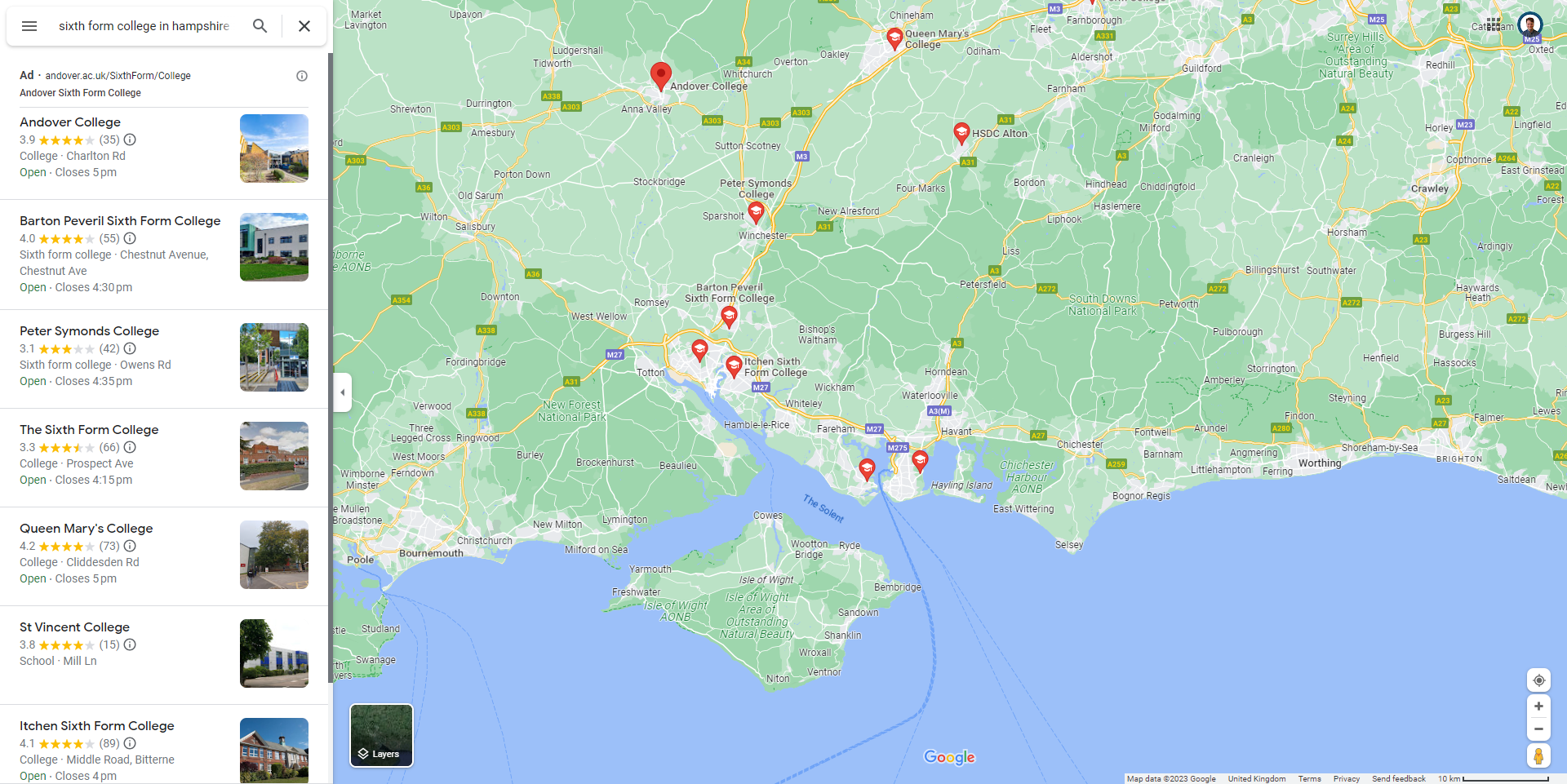
You can also post on your profile. This lets you keep anybody who sees your GMB know that you are active, as you are regularly sharing updates about your college. You can add your own content to them, including images and calls to action, giving users a chance to learn more about your college.
Name, address and phone number (NAP)
A key part of your GMB is your NAP. This is actually hugely important, as your NAP can appear on other websites. This means you must ensure you have your college’s NAP in full on your website on at least one page. Don’t shorten your name or your address and try to avoid any international codes for your phone number. This all helps Google verify that you are a real college where you say you are.
You could put your NAP (and the NAPs for any other campuses) in the footer of your website, so it’s always easy for users to find it. If the NAP isn’t consistent across the website, GMB and other sites on the internet, then Google can get confused, which will harm your position in the search results.
5. Citations
Citations are places where your college’s NAP is listed anywhere online such as Facebook, directories and Google My Business. It is crucial that your NAP is consistent on all these websites, so it must be correct and it must always be formatted in the same way; saying ‘Main Street’ in one place and ‘Main St.’ in another might not confuse Google, but it’s considered best practice to have your NAP consistent and in full.
You can find local directories or websites where your NAP is mentioned or are possibilities for it to be mentioned and contact them to add the full details or correct them if they need updating. Citations are a good form of backlinking to your website, so take advantage of them and include your college’s website in as many citations as you can.
Catchment Area
Listing your college, and its catchment area, on websites and directories that show catchment areas is a really good way to get citations and pinpoint your college to a specific area. You can also list all of the areas you serve in your GMB to help Google show you as being relevant to the local area and to narrow down the area where you show up – there’s no point in showing up in a search for a location which isn’t part of your catchment area.
6. Reviews
Reviews are an important part of Google’s ranking system – not only do they take into account the number of positive and negative reviews, but they also factor in if you reply to reviews. Replying to reviews isn’t for the reviewer as much as it is for the people who find your website and look at those reviews – showing that you respond to reviews and listen to and try to resolve any issues looks good for you, and it shows that you engage with them and are a real person. This means that review replies should be genuine, individual responses and not seem like they have been copied and pasted from other reviews in the past. Additionally, the better your overall review score, the more likely you are to be ranked higher. This means you can outrank colleges that are closer to the searcher if you have better reviews.
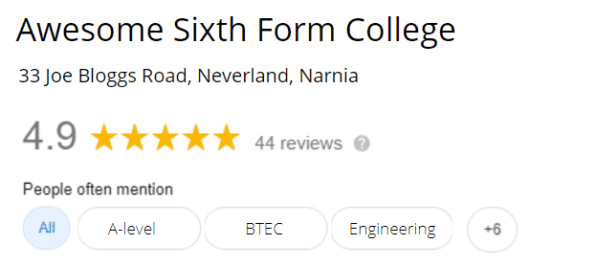
7. Create backlinks from other local websites
Find ways to get links to your website from local businesses. If you have regular events at a particular place, or a local business gives a careers talk at your college, you could ask for a link to be placed on their website. You could also offer to write a blog post for a local business, like an estate agent, which links back to your college website.
Having appropriate backlinks from reputable and valuable websites will improve your domain authority. Think of this as a ‘vote of confidence’ from another site. Having a higher domain authority will help your chances of ranking higher in the search results.
Lastly, showing that you work with other businesses is a benefit for them as well, because they would also be contributing to the local community, so it’s a win-win situation.
8. Content
Local content is extremely important for local SEO. Blog posts about what your college is doing, like special events, is only one part of the story. While these are important, linking other types of content like a Google Maps widget to your website helps users to see exactly where you are, and shows Google that you’re putting your location at the forefront of your business.
You can also optimise your page, putting location keywords in meta titles, meta descriptions, image alt tags and even headings and the URLs for your landing pages. This also shows the importance of location to your college, helping it to rank on local searches. Be careful to avoid keyword stuffing, though, as this can have a negative impact on your rankings. All content on your site should sound natural.
Your content should also be unique. If you have multiple campuses or departments, each of these having their own site or page will help with rankings, and if your campuses are in slightly different places, it will help them rank in the different locations.
9. Local PR
Achievements from your students, your college or your staff are a good opportunity to show people in the local area what you have to offer them. You can connect with local newspapers, post on social media or work with local businesses. All of this will show that you are an active part of the community which will build brand awareness, build trust and drive highly valuable traffic to your website. Local PR is also a way of gaining important backlinks to your site to increase its trust and authority. Did you know that Tillison Consulting is a digital PR expert? Contact us today to discuss your campaign.
Summary
Improving local SEO for your college can be daunting at first, but there are a lot of simple ways to make a big difference. You can make sure your Google My Business is up-to-date, and that you’ve filled in all the fields you can; you can answer any reviews you might have, and ensure that your NAP is consistent both on your website and in any citations you have. Optimising your website and content, and ensuring that users on mobile have a good experience is key, as is creating backlinks and working with local businesses to find those. You can also use PR opportunities to your advantage.

